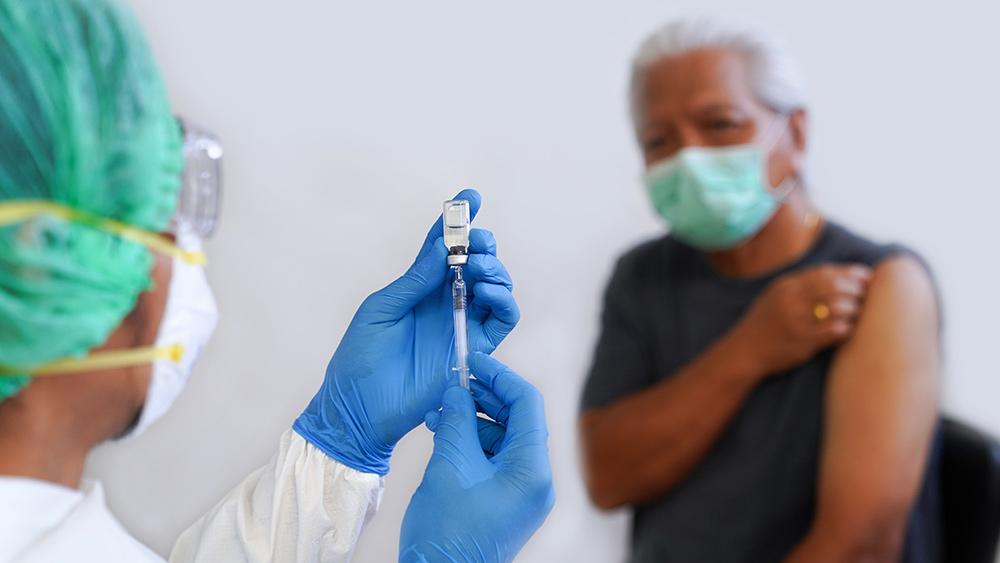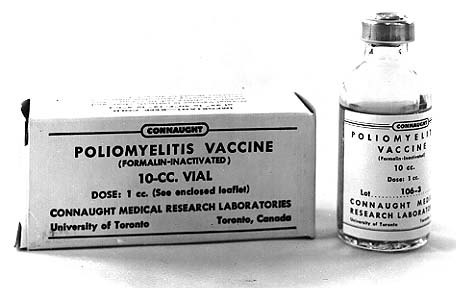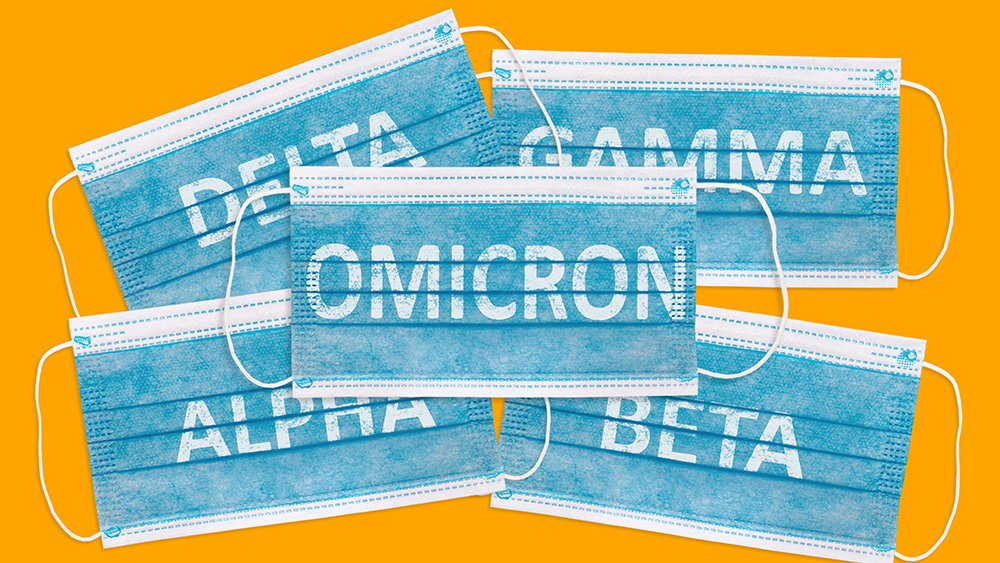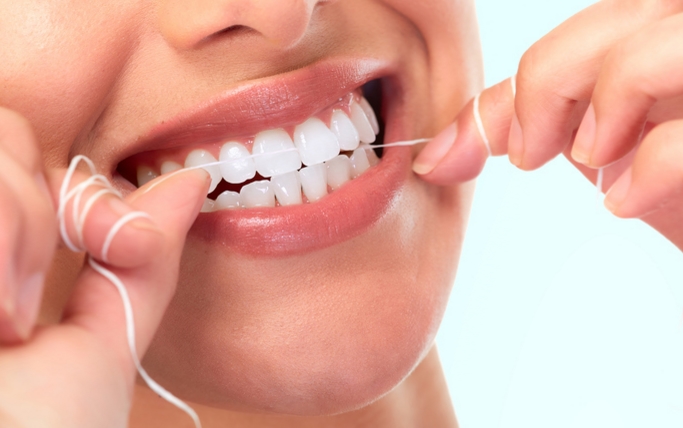Louisiana cautions against rapid coronavirus tests due to erroneous results
11/20/2020 / By Franz Walker
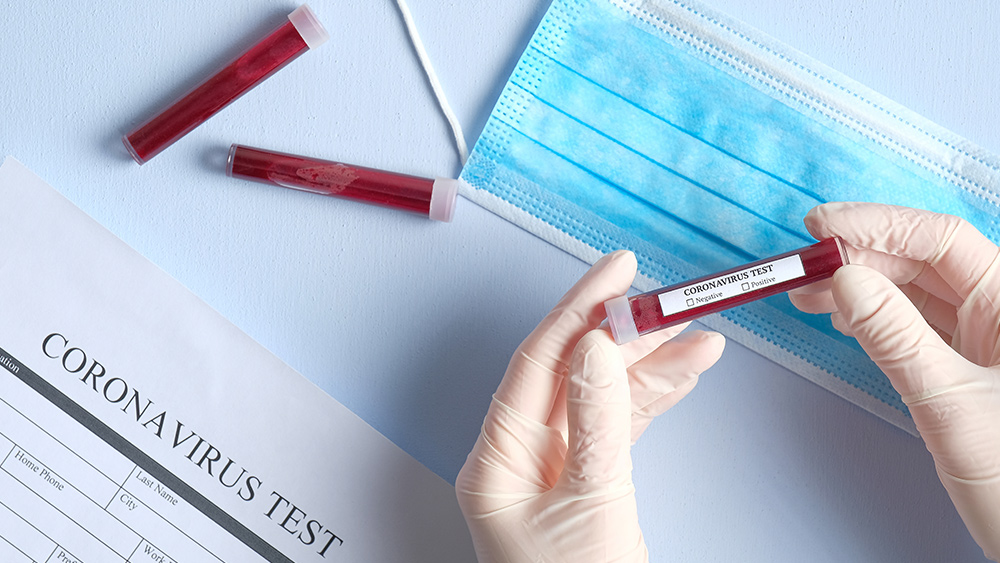
Lousiana — one of the first states to get low-cost rapid antigen test kits for SARS-CoV-2 from the federal government — is now cautioning against their use for those with asymptomatic symptoms. In their Oct. 28 guidance, the state health department said rapid antigen tests, which work by looking at telltale viral proteins, can miss infections that can be picked up by the more expensive polymerase chain reaction (PCR) test, the “gold standard” for COVID-19 testing.
With these setbacks, these antigen tests should not be used for people who have not been exposed to a COVID-19 patient or those who do not have symptoms. Those who will undergo the tests, in addition, should also be informed of their limitations, the state health department notes.
Louisiana, other states question rapid antigen tests
Lousiana’s latest guidance brings the issues with tests to the fore. The Department of Health and Human Services, for instance, spends $750 for BinaxNOW, a testing kit developed by Abbot Laboratories that has been used in the White House.
According to Jeff Engel, a senior advisor at the Council of State and Territorial Epidemiologists, state health officials are increasingly concerned that asymptomatic people should be screened with the more costly PCR tests due to worries about the antigen tests’ performance.
Engel’s states that the HHS “made this purchase without any studies on the novel use in which they’re deploying these tests.”
“I think that’s careless,” he adds.
Other state health departments have also raised concerns about the tests. The Oregon Health Authority has also recommended against using BinaxNOW on asymptomatic people without risk factors such as exposure to someone who tested positive for COVID-19. The authority, however, did not recommend confirming positive antigen test results with PCR tests, saying that both tests are subject to inaccuracies.
On the other hand, Nevada ordered nursing homes last month to stop using the antigen tests after officials found more than 20 instances where positive findings were overturned by more accurate testing.
Despite these concerns, the HHS is still standing by the tests. A spokeswoman for the department confirmed in an email to Bloomberg that it would continue providing antigen tests for use in both symptomatic and asymptomatic people.
In Nevada’s case, the HHS has also stated that it would take “appropriate action” if the state did not overturn the ban. According to Assistant Secretary for Health Brett Giroir, the state’s actions were putting nursing home residents at risk.
“This is not a problem of false positives,” Giroir stated. “This is really a reality of false positives being a part of the testing ecosystem.”
Abbot has also come out in defense of its antigen test. The company stated that affordable rapid antigen tests like its BinaxNOW help slow the spread of COVID-19. It stated that, when used as intended, these tests can detect those who are most likely to be infectious.
Speed and low cost make rapid antigen tests attractive, but inaccuracy casts doubts
What makes antigen tests attractive, especially for large-scale use, is their speed and low cost. The tests are designed to detect unique protein markers on the surface of the SARS-CoV-2, the pathogen responsible for COVID-19.
Antigen tests can be done without using heavy-duty laboratory equipment, producing results in as little as 15 minutes — at a fraction of the cost of PCR tests. Despite these factors, the concerns raised by the states show that these factors aren’t enough to overcome doubts about their accuracy. (Related: Inaccurate test results, patient histories fuel more coronavirus speculation.)
“On the one hand, we have technology and testing platforms like this one which are new and likely valuable. And everybody has an interest in getting them to people that could benefit from them as quick as possible,” said Joseph Kanter, interim assistant secretary for Louisiana’s Office of Public Health. “On the other hand, we don’t have great data on them yet.”
Proponents of antigen testing, however, argue that the tests still have their place in fighting the pandemic.
Mark McClellan, director of the Duke-Margolis Center for Health Policy at Duke University, admitted that using antigen tests for one-off screenings does raise the chance of missing out on infections. That said, McClellan stated that regular screening with the tests, as the HHS is doing in pilot sites across the U.S., can still cut down on the risk of infection and allow for the rapid identification of cases.
That said, McClellan, a former Food and Drug Administration commissioner who’s currently working with the Rockefeller Foundation to develop COVID-19 testing protocols, admitted that antigen testing must still be accompanied by other measures such as social distancing and wearing facemasks.
“For people looking to one-time use of COVID antigen tests as a way to go back to normal, we’re not in that situation now,” McClellan said. “This is one more layer of protection as we try to reopen and get through the rest of the pandemic.”
Follow Pandemic.news for more on the fight against COVID-19.
Sources include:
Submit a correction >>
Tagged Under:
Abbot Laboratoris, antigen test, BinaxNOW, coronavirus, covid-19, epidemic, Flu, HHS, Louisiana, outbreak, pandemic, rapid antigen test, superbugs, test, testing, virus
This article may contain statements that reflect the opinion of the author
RECENT NEWS & ARTICLES
Infections.News is a fact-based public education website published by Infections News Features, LLC.
All content copyright © 2018 by Infections News Features, LLC.
Contact Us with Tips or Corrections
All trademarks, registered trademarks and servicemarks mentioned on this site are the property of their respective owners.







